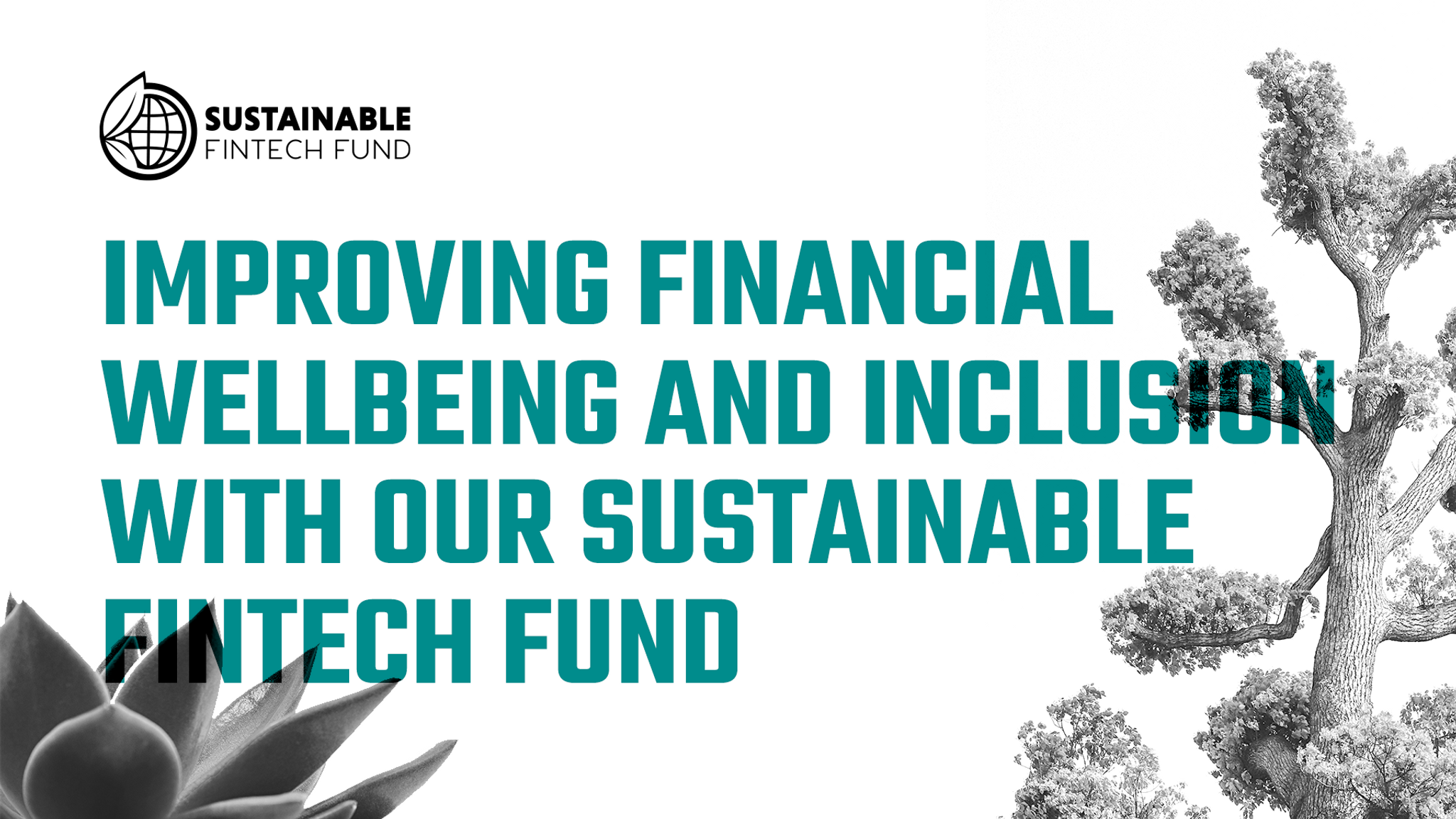Improving Financial Wellbeing and Inclusion with our Sustainable Fintech Fund
Brian Collins
Published on

Startupbootcamp’s Sustainable Fintech Fund has been launched with the intention of investing and supporting the world’s top sustainable fintech firms.
Investing in sustainable fintech is among the most impactful ways we can address the pressures our world is facing today. We’ll address in a subsequent blog why, particularly in Australia, capital being funnelled towards these entities can be the most efficient way of making a difference.
For now, however, let’s focus on how, through investment in these companies, we’re hoping to further a number of the United Nations’ Sustainable Development Goals (SDGs) via aiming for some key outcomes.
The first of these is improving financial wellbeing and inclusion. Targeting this goal works towards four of the UN’s SDGs: Good Health and Wellbeing (SDG 3), Gender Equality (SDG 5), Decent Work and Economic Growth (SDG 8) and Reduced Inequalities (SDG 10).
We can easily talk about the theoretical ways in which sustainable fintech can further these goals – how it can reach unbanked populations, offer funding to underserved communities or facilitate the transfer of cash around the world. But, what does this look like in practice?
Fortunately, we have some real-world examples that demonstrate how sustainable fintech can forward financial wellbeing and allow a greater portion of the globe access to financial services.
Let’s consider financial wellbeing fintech Kaira. The startup’s app is aimed at organisations wanting to offer employees access to financial wellbeing advice. It also provides companies with tools to help identify their employees’ wellness needs.
Such an offering is particularly pertinent in our current environment. One of the largest initial impacts of the Covid-19 pandemic was the creation of financial stress among vast swatches of the global population. And reports have suggested these concerns haven’t abated more than two years after the emergence of the novel coronavirus.
Kaira isn’t the only start-up focusing on addressing financial wellbeing. Fiji-based SettleMate gives users an app that helps track spending. The startup can help customers identify areas where they can realise savings, such as flagging subscriptions that may be unwanted. The app also offers users a buy-now-pay-later feature and rewards for hitting savings goals.
Prior to the advent of fintech firms, such services would have ordinarily been offered by financial advisers. As a result, these offerings have long been out of reach for many – either due to cost or geography.
The same could be said of legacy and inheritance planning – which often requires expensive legal help and pricey wealth advice to execute. Malaysia-based fintech Bereev is looking to change this by giving users a “death preparation” app.
While the concept may sound morbid – and while the company says its app doesn’t replace a will – it allows for important documents to be stored, financial instructions to be made and messages to be left for loved ones. Such a service can simplify the steps that need to be taken at what is obviously a traumatic time for many.
All three of these startups further financial wellness and broaden access to services. They are also all investments of Startupbootcamp from last year’s programme.
